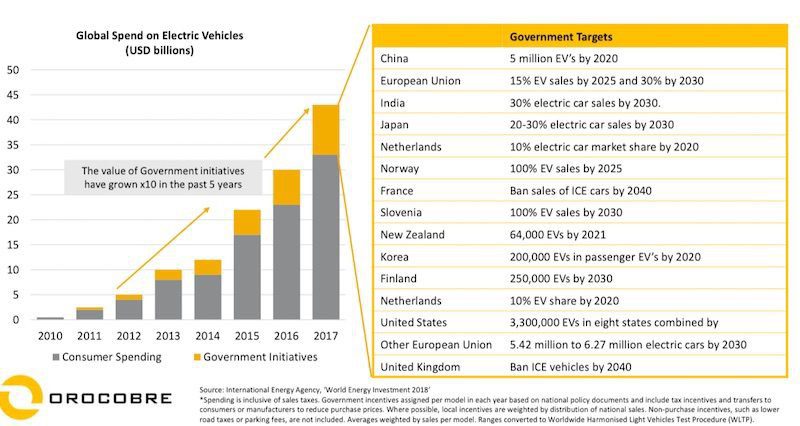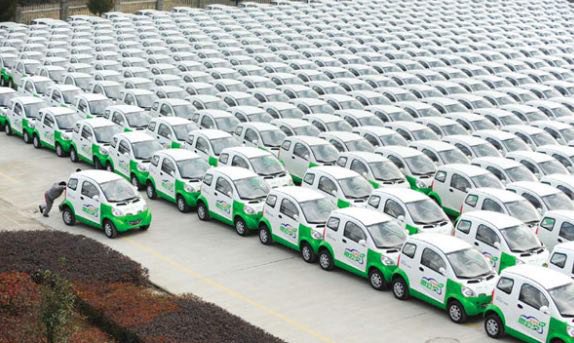Australia may have been one of the world leaders when it came to greenhouse gas abatement schemes and renewable energy targets, but it is a straggler when it comes to policies supporting electric vehicles.
The Australian government has no dedicated policy, in fact Australia stands out as being the only developed country in the western world to not even have emissions standards on its car fleet.
There are some small incentives in place from various state and local governments, particularly in the ACT where there is a discount on registrations, the use of priority lanes and a government undertaking for its own fleet.
But that is about as far as it goes, which is why the outcome of the EV Inquiry by the Senate, led by independent Senator Tim Storer, could be critical.
 Just for comparison, this is what the rest of the world is doing – setting absolute targets for adoption and working out how to reach that target, or by imposing bans on the sales of new ICE cars.
Just for comparison, this is what the rest of the world is doing – setting absolute targets for adoption and working out how to reach that target, or by imposing bans on the sales of new ICE cars.
Of course, some people think those bans will be redundant anyway, considering the expected price fall over the next 5 to 10 years.
Stanford’s Tony Seba, for instance, thinks that sales of ICE – cars with internal combustion engines, will be all but over but 2025 – simply because of the better economics, and performance, of electric vehicles.
Will that happen in Australia? Who knows – given the low uptake to date, and the lack of available models, although Tesla, Jaguar, BMW, Nissan and Hyundai are doing something about that now and in coming months.

Giles Parkinson is founder and editor of The Driven, and also edits and founded the Renew Economy and One Step Off The Grid web sites. He has been a journalist for nearly 40 years, is a former business and deputy editor of the Australian Financial Review, and owns a Tesla Model 3.

